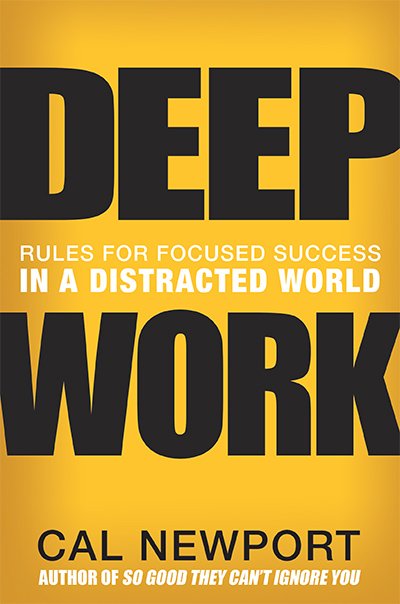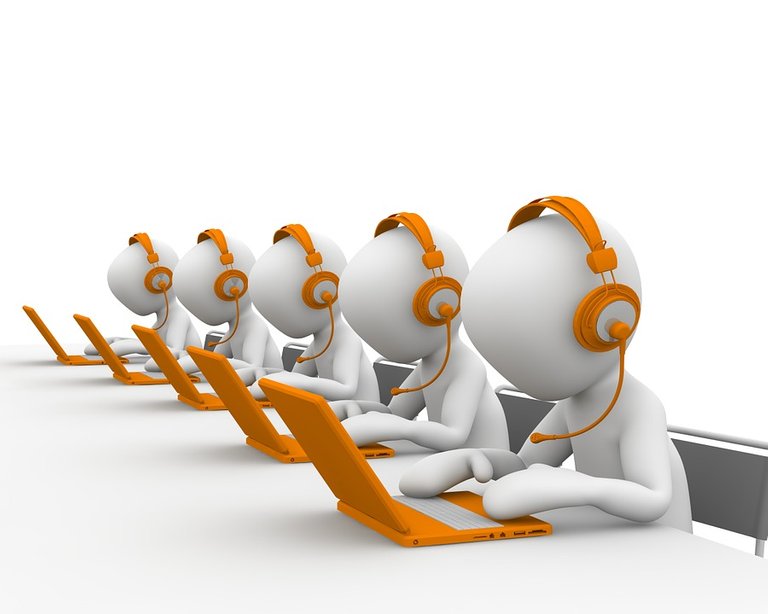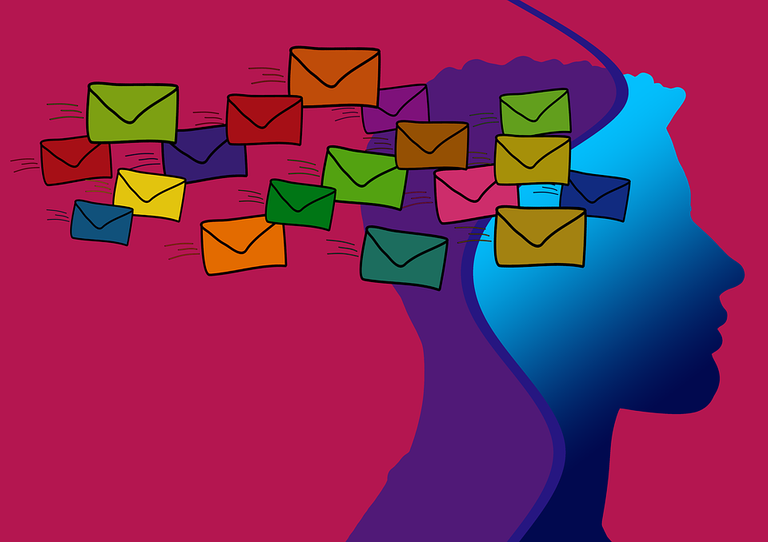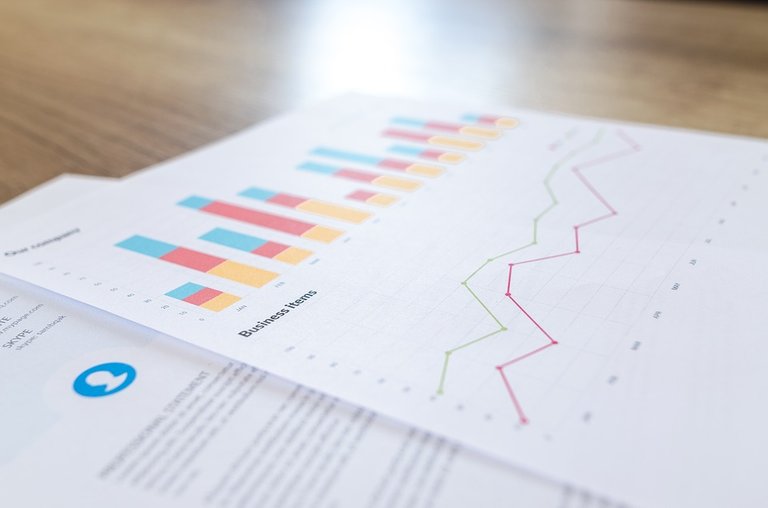In the last few months, you have been able to read some of my articles on reading. So I decided to do some book reviews as well. Today, I'm going to talk about a book on work and efficiency. This book is Deep Work: Rules for Focused Success in a Distracted World.

Distractions are everywhere... and very tempting
Over the years, Cal Newport has made a statement: people tend to find it increasingly difficult to stay focused at work. This is due to several reasons: working in open space, multitasking, landlines and mobile phones, and Internet distractions.

Many companies have chosen to have open space offices to promote cooperation between employees. However, this choice is often very controversial. Open space offices are often noisy and often accommodate employees with very different tasks. In an open space, an employee who needs to stay focused on a particular task for a long time can easily be disturbed by the noise of colleagues who spend a lot of time on the phone at work.

Another recurring problem is clearly in many companies, that of entertainment on the Internet. When the activity is less intense during a day, it can be tempting to go for a little walk on Facebook or Twitter or on another site. Taking a few minutes of distractions can disrupt an employee's attention and increase the risk of making mistakes.
But disruptive elements can also be linked to professional electronic communications within the company. In some mailboxes, it is the norm to respond quickly to emails. However, this can sometimes take up a lot of time in a day.
Hyperconnectivity and hyperreactivity are not so good than you might think
Some companies think that the more reactive their employees are to respond to emails or pro accounts on social networks, the better. Cal Newport says they're wrong. Based on his personal experience and external cases, he found that simply replying to e-mails can be very time-consuming. In some companies, employees can sometimes spend up to 1 hour a day (or more) answering emails. For example, in 2012, an Atlantic Media technical manager realized that he had received 511 e-mails in one week and sent 284! This was almost 160 emails per day on average over a 5-day work week. By looking a little further and making more elaborate statistics, he could see that Atlantic Media was spending over $1 million a year on email processing!

What has been found is that employees spend a lot of time managing emails, and often because they have too much. To avoid spending too much time answering all these emails, Cal Newport advises several tracks: reduce the number of emails by avoiding dispensable emails and plan slots for that. When an employee plans slots to respond to emails, it can help them know how much time they need for that in the morning and afternoon, so they can better organize themselves to avoid spending too much time on this task.
Deep Work vs Shallow Work
Cal Newport distinguishes work into two categories: shallow and deep work. Surface work includes tasks that do not require a high level of concentration and workstations that are easily exposed to distractions. Deep "work includes tasks that require a high level of concentration for extended periods of time and are interrupted by external factors such as ringtones or social networks.


According to Cal Newport, since people are too often exposed to different distractions (whether voluntarily or not), being able to work intensively and interrupted for periods of several hours is becoming increasingly rare and valuable, especially in "intellectual" jobs that require a great deal of knowledge.
However, the author finds that even intellectual jobs included a lot of superficial working time. Cal Newport cites, for example, the case of university colleagues who are forced to spend a lot of time answering e-mails or dealing with paperwork, which takes its toll on the time they spend doing research or teaching.
Working less but in a more efficient way
In his book, Cal Newport explains why Deep Work is preferable. Working uninterruptedly for a certain period of time avoids small distractions or superficial tasks that can waste several minutes (or even tens of minutes) each time. Spending less time answering professional emails or looking at social networks is as much time spent on important tasks.
If you spend less time on superficial tasks, you can spend more time on important tasks and move faster. But it's not just a matter of time management. Several studies have shown that small distractions, whether it's answering an email, watching social networks or answering the phone, can disrupt concentration at work. When a worker leaves a state of intense concentration briefly and spends a few minutes doing a superficial task or having fun, he or she actually loses several more minutes. In fact, the brain can take 10 to 20 minutes to regain the concentration in which it was. During this time, the work may be carried out less efficiently and less quickly, so it will take more time to be completed.
My opinion
I listened to the audio version of this book and read some excerpts. I found the topic very interesting and well explained, with examples chosen to illustrate the author's remarks. While some facts may seem obvious, Cal Newport shows that they often have a much greater impact on our focus and effectiveness than we realize.
This book is a good way to get a sense of how much time is wasted on superficial tasks and small distractions. But this book is also full of good reasons to motivate oneself to change the way one works and organizes oneself on a daily basis in order to work more efficiently and manage one's schedule and attention!
Thanks for reading this review!
Hey, nice review!!
I have been re-reading this book lately... lots of interesting insights: the Craftsman approach, quitting social media, training the brain to be focused by default (instead of distracted), being comfortable with boredom, etc.
Nowadays, in many companies, it is normal to be very reactive and respond to emails very quickly. However, when we read Cal Newport's book, we realize that instantaneity is not so good because it encourages us to spend much more time responding to electronic communications.
When an employee interrupts what he or she was doing for 5 minutes to read his or her e-mails, it will take some time to get back to the level of concentration he or she had before interrupting his or her work.
This is also true in leisure. If you interrupt reading a book to reply to a Facebook message or answer the phone, you are less focused when you start reading again, it takes several minutes (or more) to be fully focused again.